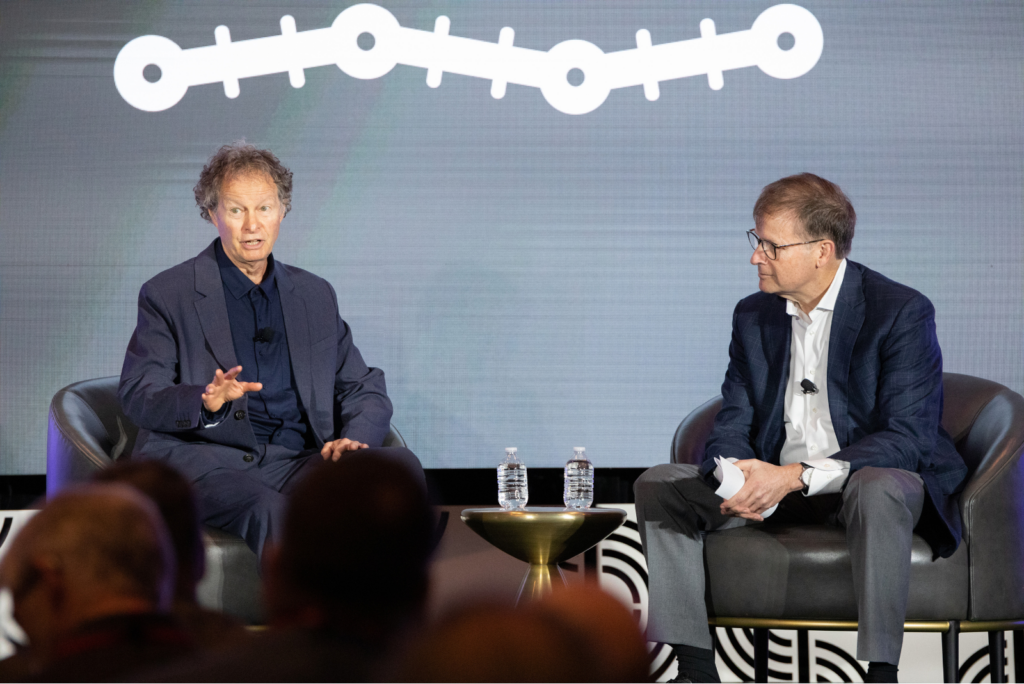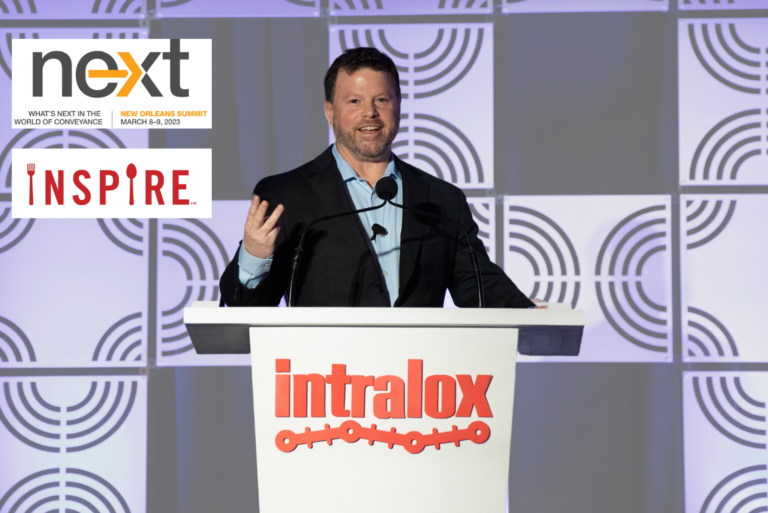NEW ORLEANS — In general, business historically has gotten a bad rap, especially from the world of academia. There, schools of thought revolve around the greater good, often assuming that the focus of business is a zero-sum game.
But during Intralox NEXT, held March 8-9 in New Orleans, John Mackey, co-founder of Whole Foods, offered thoughts on focusing on the relationships of business that can dispel those assumptions.
“I have always felt that business was misunderstood by society and hated by intellectuals,” Mackey said. “But we are the value creators in the world, creating prosperity that continues to lift humanity up.”









